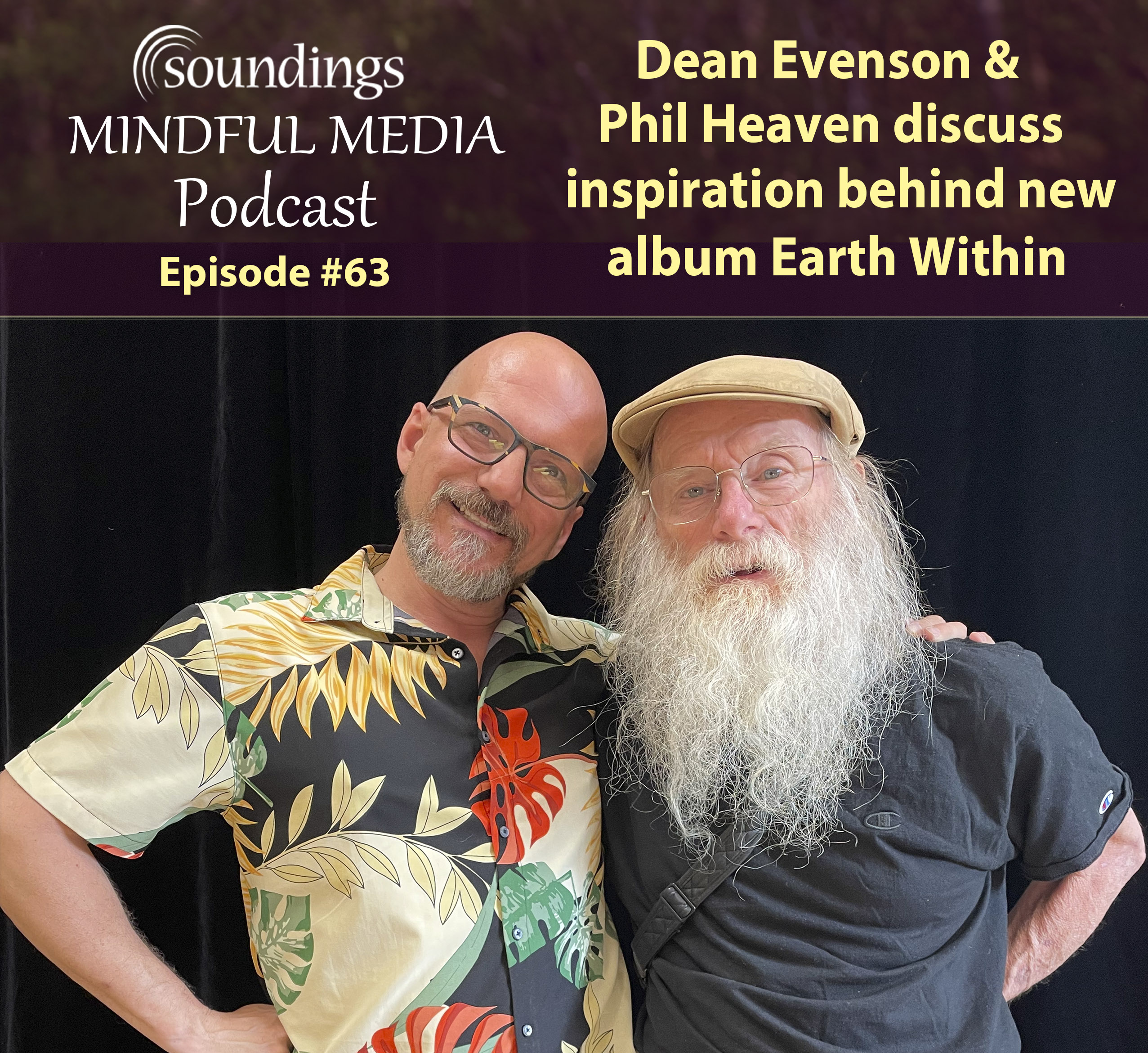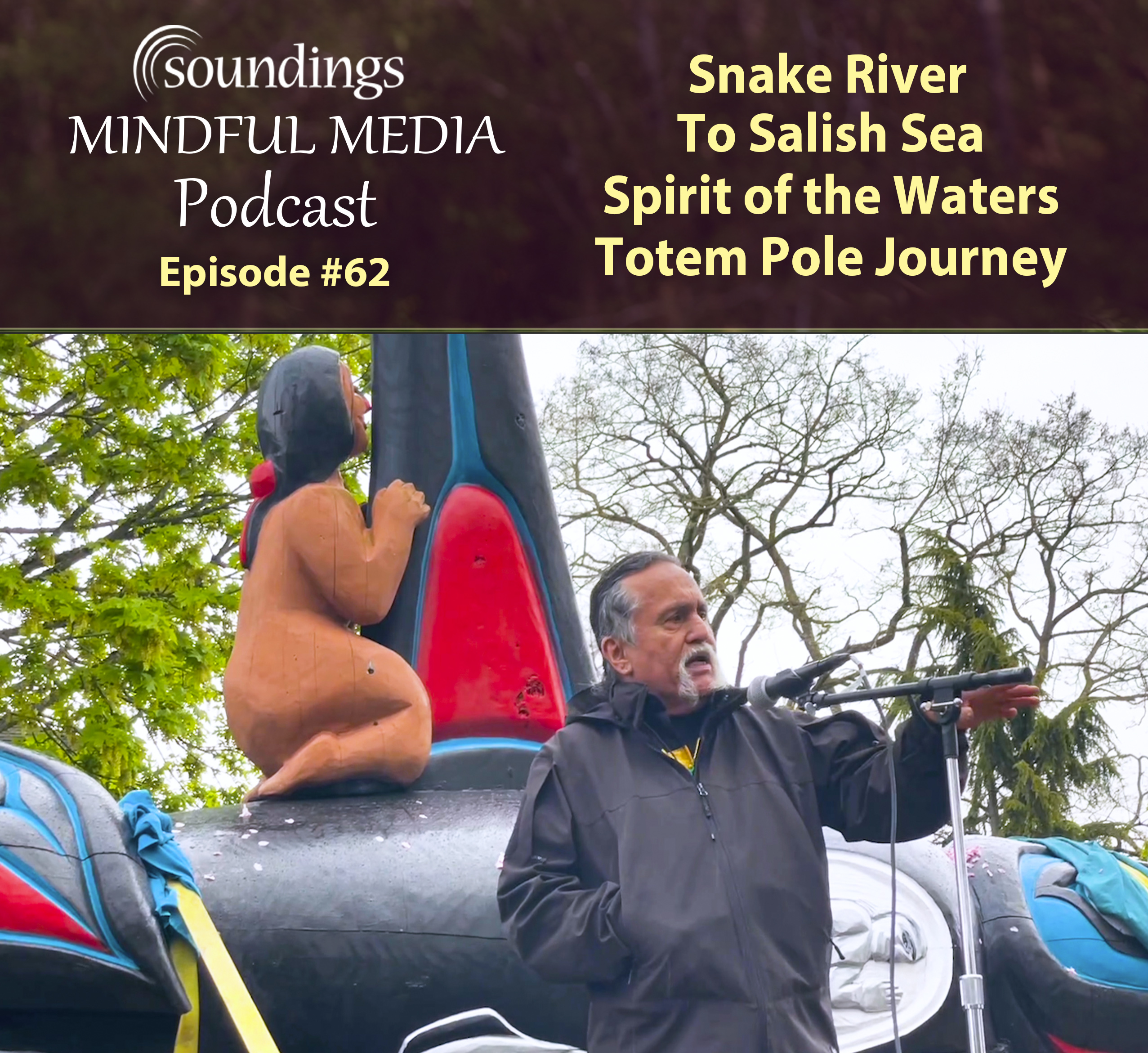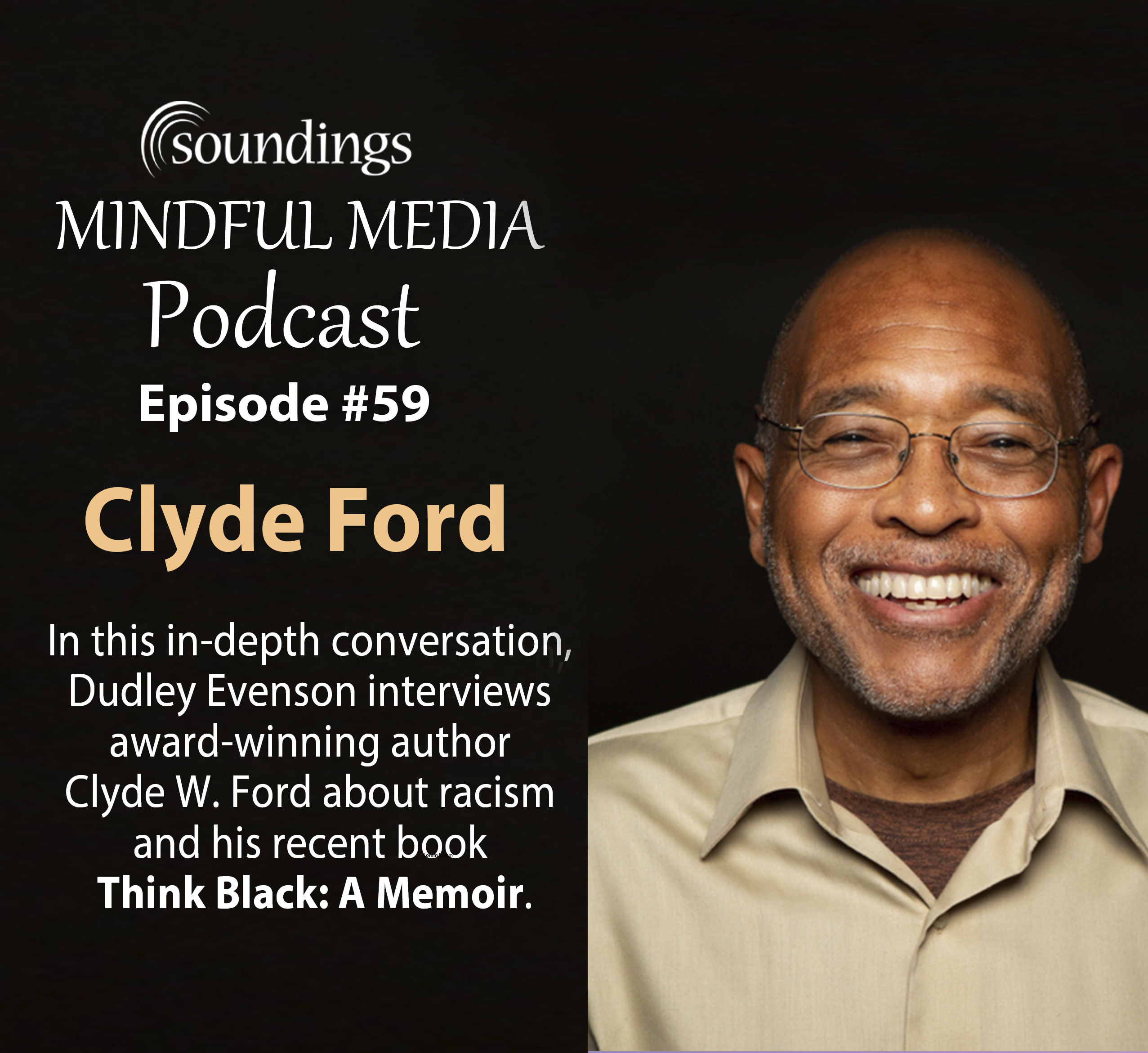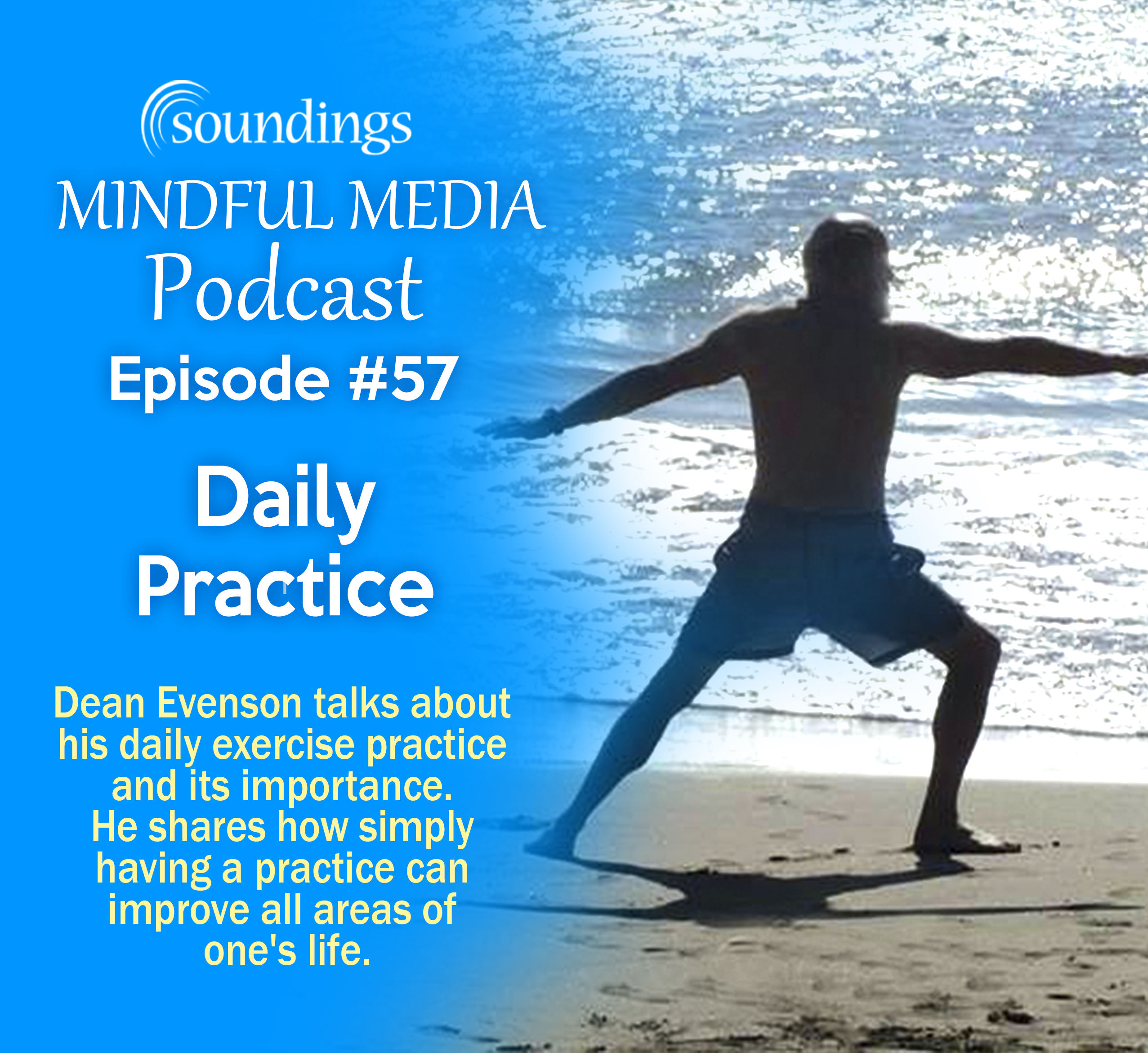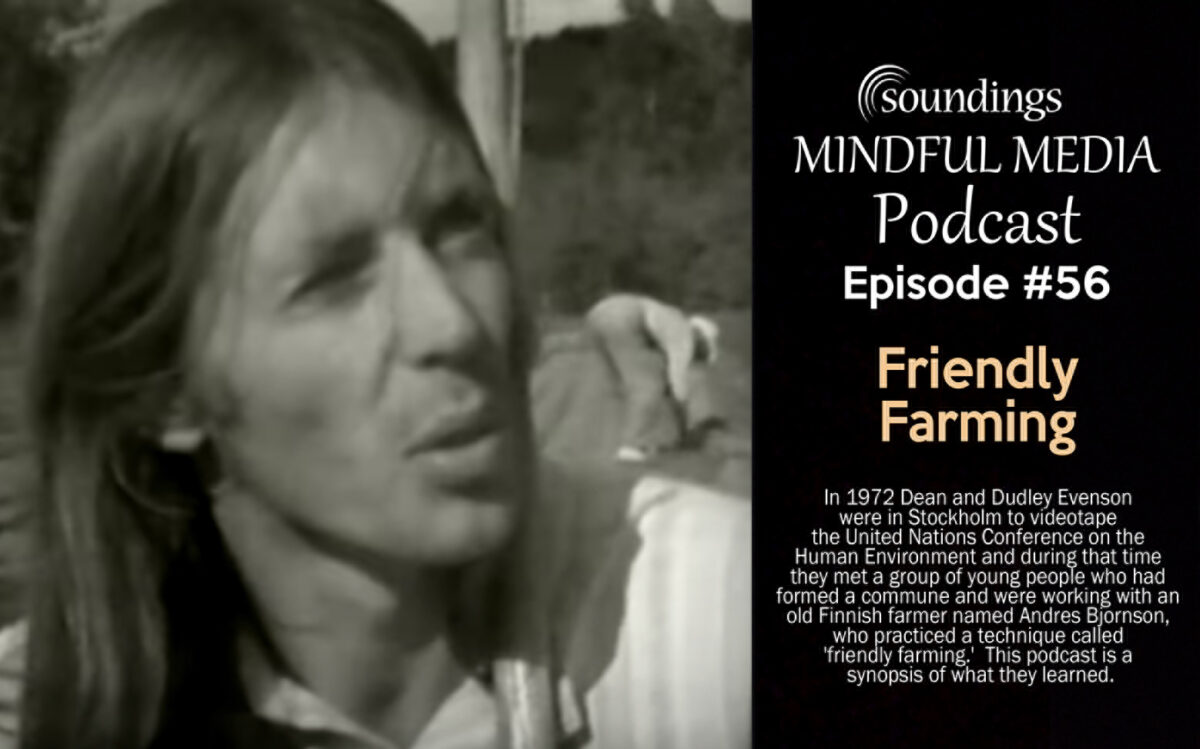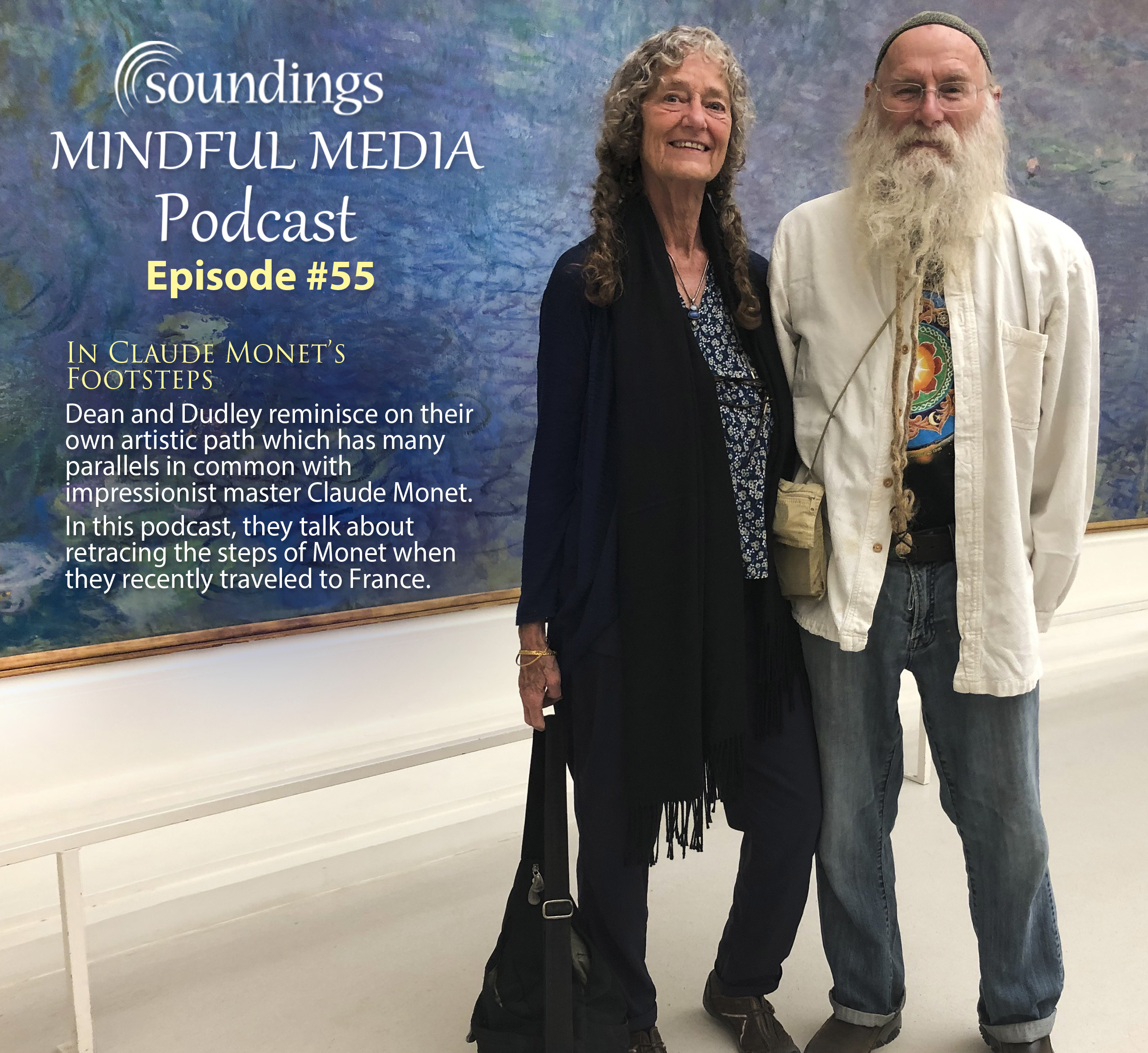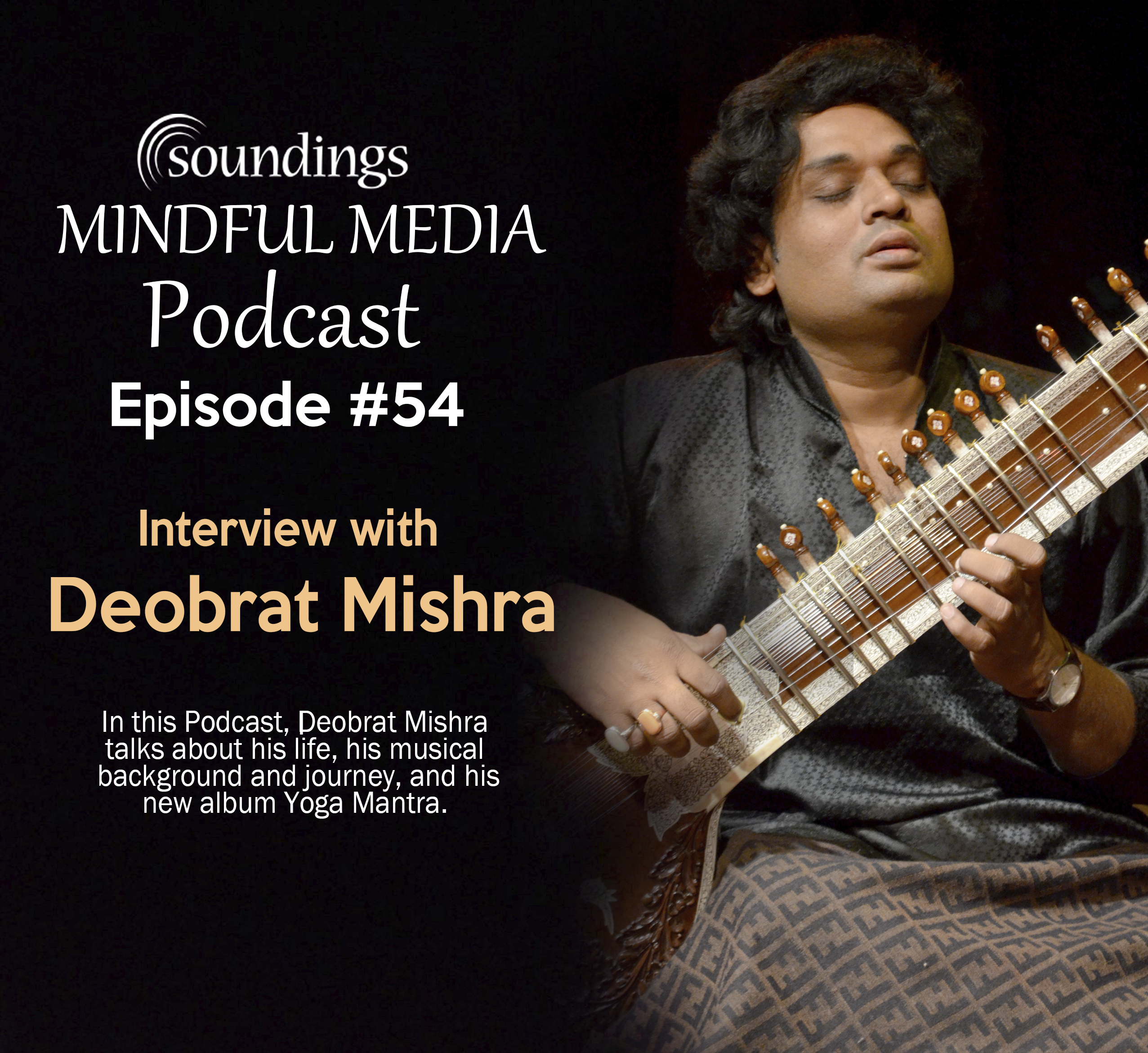Join Dean Evenson in this heartfelt conversation with Phil Heaven, his longtime friend, collaborator, and co-producer as they reminisce on their creative journey together and their new release Earth Within. The underlying story and choice of instruments aligned to bring this album to life in a unique way. Phil and Dean have made many award-winning albums together and this new LP introduces Douglas Johnson who brings his unique stylings on double bass to their viola and flute. “The idea of bringing the Earth Within ourselves through these low frequencies seemed like a great idea for an album project” says Phil Heaven. “Douglas’ double bass instrument brings the grounding earthy feeling along with the viola, bringing deep resonant tones. You feel the low frequencies in all your body.”Dean Evenson explains why the concept and natural sounds are so important on this album. “We need to honor the earth and understand it as a living being. And when we do that, it opens the whole world through a way of thinking that supports the earth and brings about the harmony as the instruments do on this album, playing the different aspects of life and nature.”
Podcast: Play in new window | Download
Subscribe: RSS

